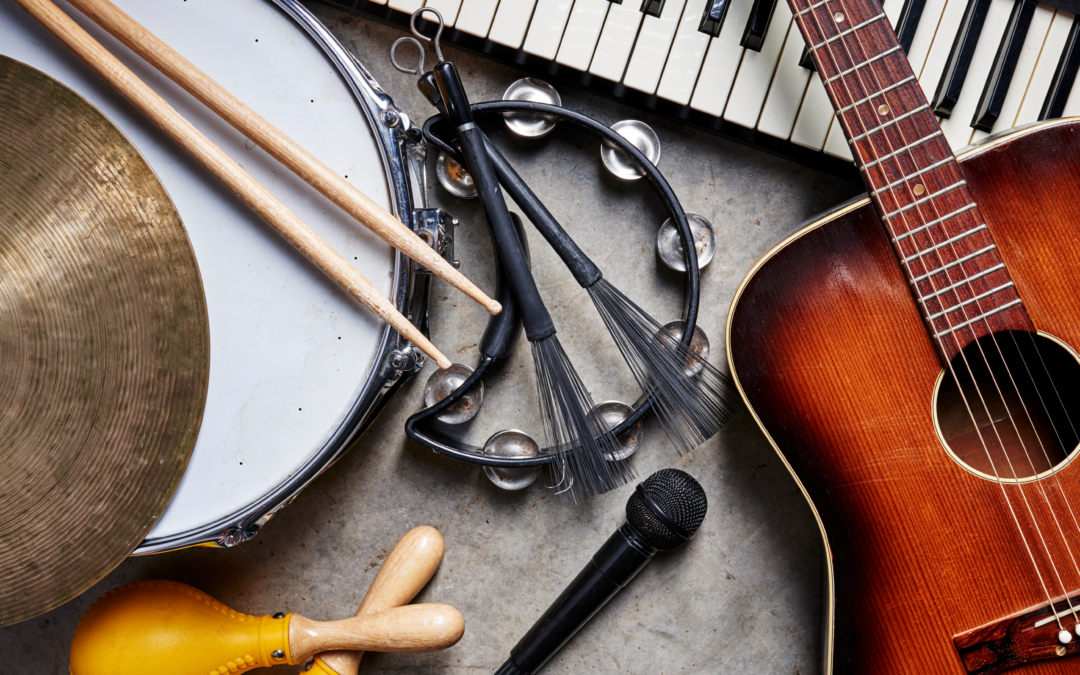I was scheduled to meet a principal who was seeking to receive a grant of band instruments via Zoom in the spring of 2021. She never showed up at the first meeting nor the rescheduled meeting in the same week. By the time I was logging in to finally meet this principal, I was already questioning her desire to receive the grant. I was wrong. Once she was on the Zoom screen, she started to apologize for canceling the other three times. She went on to say that she had to cancel the first time because earlier in the day, one of her students at her K-8 school attempted suicide. Then she had to cancel the other meeting because another student experienced a severely violent occurrence in their home. She said that it is a very challenging time for her school community and that Save The Music’s instrument grant will provide a much-needed opportunity for her students to have more hands-on music education experience. She believed that having more music education in the school is necessary to heal the community.
During a recent panel discussion for the Chamber Music America conference entitled “Remixing and Reimaging Music Education Through an Equity Lens”, I couldn’t help but think back on this encounter. So often, the people in our education system are managing situations far beyond what most of us are aware of in the nonprofit art space. As one of the panelists in that conversation, Quanice Floyd shared, “we have GOT to take a human-centered approach in this work”.
I was fortunate to participate in the Trauma Informed Care (TIC) and Arts Education Workshop Series in January of 2020 prior to lockdown, provided by Arts Ed Newark where I serve as an Executive Board member. I studied music therapy and once was a board-certified music therapist. Therefore, I certainly believe in the power of music as a tool to heal. I have also worked at Save The Music Foundation for over a decade and worked in many communities that are labeled as “underserved” and “historically excluded.” Through the fifteen hours of the series, I realized how much I did not know about the trauma that our students and communities are going through every day and the huge impact it has on their learning and wellbeing.
Shortly after the workshops ended, we were all talking about the “trauma” due to the global pandemic. Almost instantly, we were all “traumatized” as the entire world appeared to be in lockdown. We said, “we are all on the same boat going through a storm”- but we were not. Yes, we may have been going through a similar storm due to the global pandemic, but some of us were going through the storm in a luxury boat while others were barely surviving in an innertube. I have reflected on the TIC Workshops many times and worried about our students and their communities. Did they have Wi-Fi access and a computer device to complete their schoolwork? Do they have enough to eat at home? Do they even have a roof over their head right now? What can Save The Music do?
Fortunately, we were able to support Arts Ed Newark to pivot their TIC workshops to a virtual platform and they continue to offer sessions to over 100 music and arts teachers in Newark and Miami through our funders including the Singer Family Foundation, New Jersey Council on the Arts and Miami Foundation. Preliminary data showed that 98% of the teachers who completed the workshops reported that they understand how trauma affected them. Ninety-five percent of the participants reported they have a better understanding of the role that arts can play in trauma-informed care. The intention of the workshops is not to make teachers therapists but to provide the knowledge and tools to be intentional about their teaching as well as providing much-needed self-care tools to our teachers as they may be going through trauma themselves.
Save The Music Foundation is committed to helping students, schools, and communities reach their full potential through the power of making music. We do this by providing instruments, equipment, and program support including professional development opportunities that include Trauma-Informed Care workshops. I believe that these “human-centered approaches” are crucial tools of success for our teachers and communities so that the students can receive the maximum benefit of music education. I know that how I work as Chief Program Officer at Save The Music is now changed thanks to the Trauma Informed Care workshops I received.
As I was speaking with the principal that was mentioned earlier, I made a personal commitment to make sure I always ask “What happened to you?” as opposed to “What’s wrong with you?” It is my hope that we continue providing the workshops and resources related to trauma-informed care to our communities.
***
Interested in learning more about the benefits of music education or the importance of trauma-informed teaching? Check out our music education resources page and learn more about our professional development session today.

